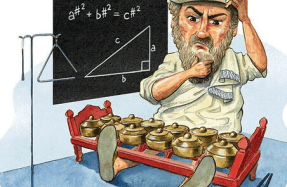
Beethoven • Schubert
Beethoven: An die ferne Geliebte; Schubert: Schwanengesang
Mark Padmore (tenor), Mitsuko Uchida (piano)
Decca 485 3577 71:24 mins

Two heartfelt performances of what is perhaps the first 19th-century lieder cycle and Schubert’s last, concocted posthumously by an opportunistic publisher. But there’s nothing remotely opportunistic about Mitsuko Uchida and Mark Padmore’s Schubert or Beethoven.
Uchida knows that the emotional weight in An die ferne Geliebte is carried by the piano – listen to that almost quizzical final chord at the end of the first song hinting that the lovers will remain apart. Padmore is by turns ardent and resigned, an eloquent partner for Beethoven’s harmonically embroidered piano parts.
Neither pianist nor soloist attempt to make a rounded cycle of Schwanengesang, though Uchida is right to remind us that it begins and ends in G major. The darkening tones of the Rellstab settings lead inexorably to the shaded and madder world of the Heine poems, with each song performed as a miniature drama. Mark Padmore is at his vocally expressive best, lyric tone sliding into near speech, with Uchida seemingly minting this music anew. Have those dark chords at the close of ‘Am Meer’ ever sounded so chilling?
Some may find the




